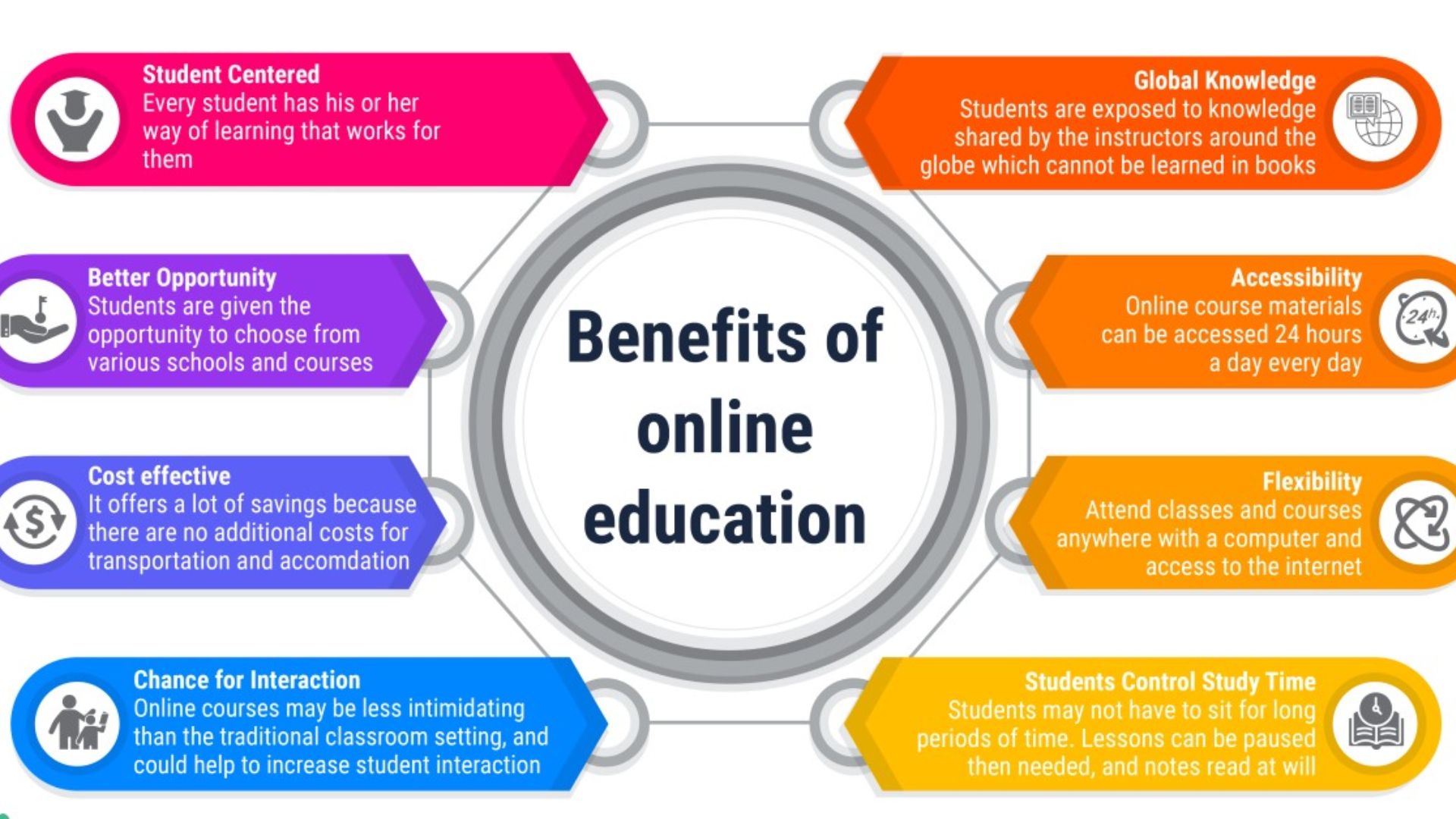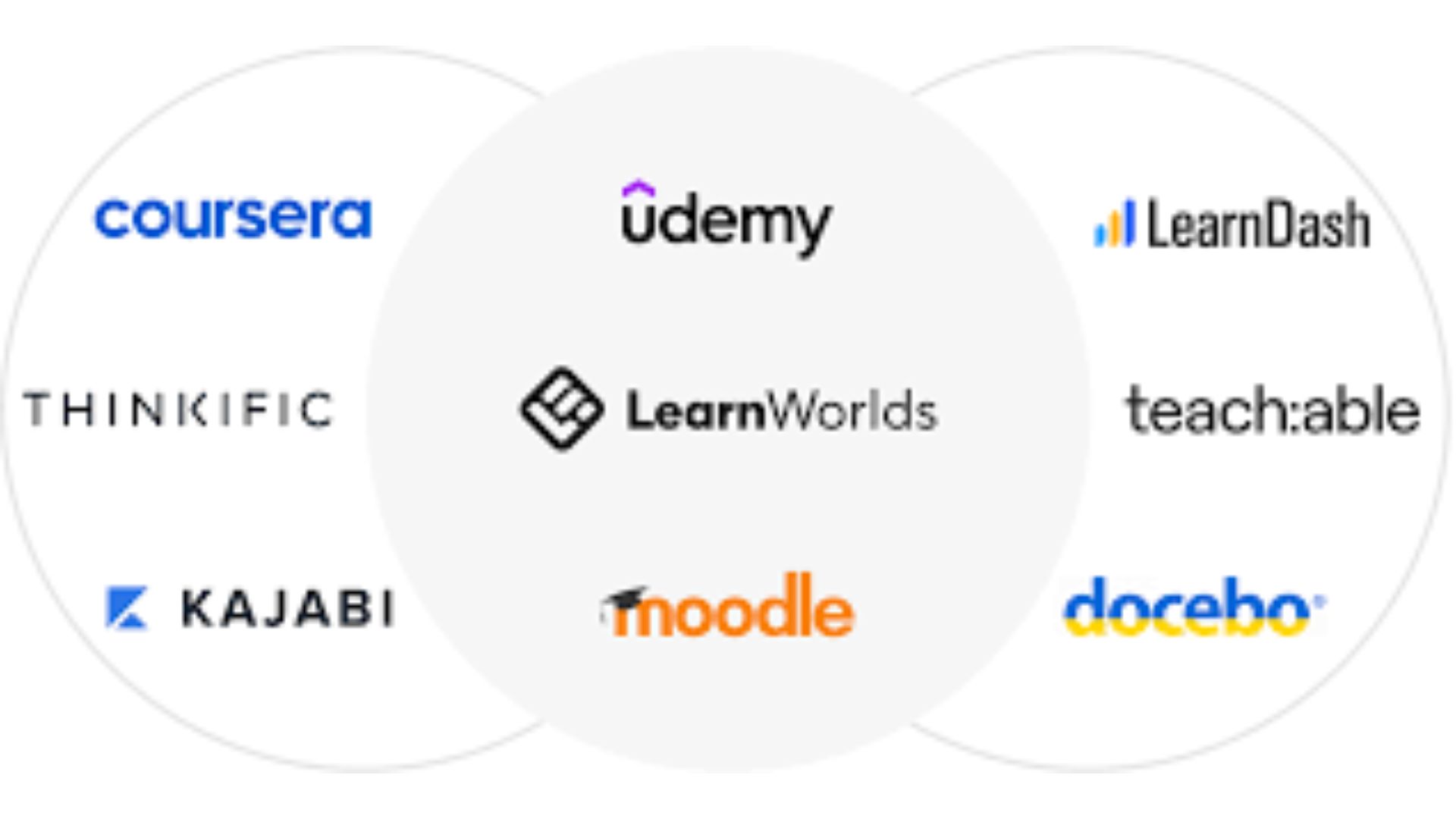The landscape of education has undergone a remarkable transformation with the advent of online learning platforms. In the bustling digital age of 2024, the concept of traditional classrooms has expanded beyond physical boundaries, ushering in an era where knowledge knows no geographical constraints. Online education has transcended the limitations of time and space, offering a boundless expanse of learning opportunities to eager minds across the globe.
From its humble beginnings as rudimentary correspondence courses to its current sophisticated form, online education has evolved into a multifaceted realm of virtual classrooms, interactive courses, and global collaboration. In this dynamic digital landscape, learners are no longer bound by the constraints of a fixed schedule or location. Instead, they have the freedom to engage with educational content at their own pace, on their own terms.
As we delve into the intricacies of online education, we uncover a world teeming with possibilities, where individuals from all walks of life can embark on a journey of discovery and self-improvement. Join us as we explore the myriad ways in which online education has transformed the educational landscape, paving the way for a future where learning knows no bounds.
Evolution of Online Education

Past Trends
Historically, online education began as correspondence courses and later evolved into web-based learning platforms. Early adopters faced skepticism, but as technology advanced, so did the credibility and effectiveness of online learning.
Current Scenario
Today, online education is mainstream, with universities, corporations, and independent providers offering a wide range of courses and degrees. The COVID-19 pandemic accelerated its adoption, highlighting its importance in ensuring continuity of education with the help of smart phones and other electronic devices.
Advantages of Online Education

Online education offers several advantages, including:
Flexibility
Learners can access course materials and participate in discussions at their convenience, enabling them to balance education with work and personal commitments.
Accessibility
Online education transcends geographical barriers, allowing individuals from remote areas or with physical disabilities to access quality education.
Cost-effectiveness
Compared to traditional brick-and-mortar institutions, online education is often more affordable, with lower tuition fees and savings on transportation and accommodation.
Types of Online Education Platforms

E-learning Websites
Platforms like Coursera, Udemy, and Khan Academy offer a wide range of courses taught by experts in various fields of education.
Virtual Classrooms
Virtual classrooms simulate traditional classroom environments, enabling real-time interaction between instructors and students through video conferencing tools.
MOOCs (Massive Open Online Courses)
MOOCs provide free or low-cost courses to a large number of learners, fostering global participation and knowledge sharing.
Technologies Shaping Online Education
AI (Artificial Intelligence)
AI-powered tools personalize learning experiences by analyzing student data and providing adaptive feedback and recommendations.
AR (Augmented Reality) and VR (Virtual Reality)
AR and VR technologies enhance engagement by creating immersive learning environments, allowing students to interact with course materials in new ways.
Blockchain
Blockchain technology ensures the security and integrity of academic credentials, making online degrees more trustworthy and valuable.
Personalized Learning Experience
Online education platforms leverage data analytics to tailor courses to individual learning styles and preferences, maximizing student engagement and retention.
Challenges and Solutions in Online Education
Digital Divide
Addressing issues of internet access and digital literacy is crucial to ensuring equitable access to online education for all.
Quality Assurance
Implementing rigorous quality standards and accreditation mechanisms helps maintain the credibility and reliability of online courses and institutions.
Engagement and Interaction
Promoting active learning through interactive multimedia content and collaborative activities enhances student motivation and success rates.
Future Trends in Online Education
Hybrid Learning Models
Combining online and offline components offers the best of both worlds, allowing for flexibility and personalized instruction while maintaining social interaction and hands-on experiences.
Gamification
Integrating game elements into educational activities makes learning more engaging and enjoyable, leading to better outcomes and higher retention rates.
Global Collaboration
Online education fosters collaboration and knowledge exchange among students and educators worldwide, enriching the learning experience and promoting cultural understanding.
Conclusion
In conclusion, online education has come a long way since its inception, offering diverse opportunities for learners to acquire knowledge and skills anytime, anywhere. As technology continues to evolve, so will the ways we teach and learn online, shaping the future of education for generations to come.
FAQs
Is online education as effective as traditional classroom learning?
Online education can be equally effective, if not more so, as it offers flexibility and personalized learning experiences tailored to individual needs.
How can I ensure the quality of online courses?
Look for courses offered by reputable institutions or platforms with accreditation and positive reviews from past learners.
Are online degrees recognized by employers?
Many employers recognize and value online degrees, especially if they are obtained from accredited institutions.
Can I interact with instructors in online courses?
Yes, most online courses offer opportunities for interaction with instructors through discussion forums, emails, or live sessions.
What technology do I need for online learning?
You’ll typically need a computer or mobile device with internet access and possibly specific software or apps recommended by the course provider.

